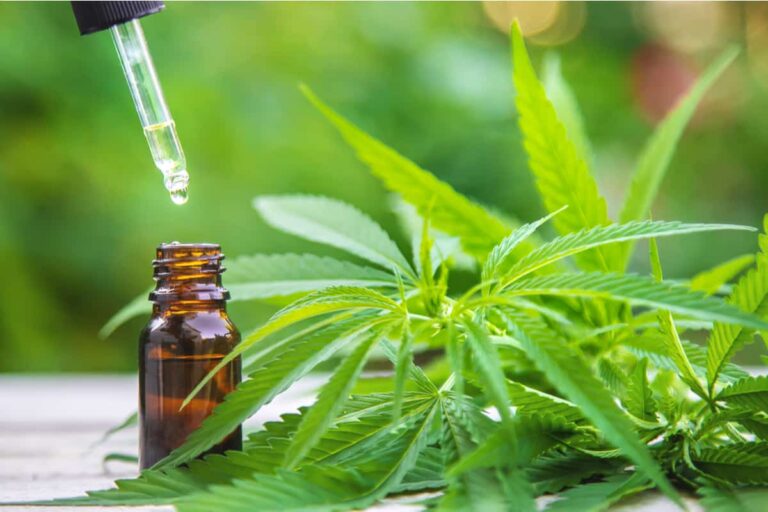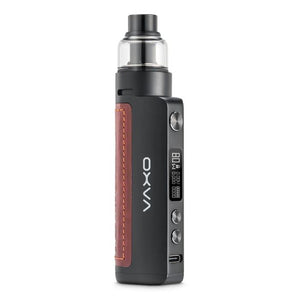Navigating the Islamic Dietary Guidelines: Is CBD Oil Halal?

Navigating the Islamic Dietary Guidelines: Is CBD Oil Halal?
In the realm of wellness supplements, cannabidiol (CBD) oil has emerged as a popular choice for its purported health benefits. Derived from the hemp plant, CBD oil is often marketed as a natural remedy for anxiety, pain, and various other ailments. However, for individuals adhering to Islamic dietary guidelines, the question of whether CBD oil is halal remains a topic of discussion.
Halal and Haram: Understanding the Islamic Dietary Framework
Halal, an Arabic term meaning "permissible" or "lawful," refers to substances or actions that are considered Islamically acceptable. Conversely, haram, meaning "forbidden" or "prohibited," encompasses substances or actions deemed impermissible under Islamic law.
The concept of halal and haram extends to the realm of food and consumption. Muslims are instructed to adhere to dietary guidelines outlined in the Quran, the holy book of Islam. These guidelines provide a framework for consuming permissible foods and abstaining from those that are prohibited.
The Status of CBD Oil in Islamic Jurisprudence
The question of whether CBD oil is halal or haram is a complex one that has been debated among Islamic scholars. The primary consideration revolves around the presence of tetrahydrocannabinol (THC), the psychoactive component of the cannabis plant.
THC is explicitly prohibited in Islam due to its intoxicating effects. However, CBD, a non-psychoactive cannabinoid, does not produce mind-altering effects. This distinction forms the crux of the debate surrounding the permissibility of CBD oil.
Interpretations and Recommendations: Divergent Views Among Scholars
While some scholars consider CBD oil to be halal, others express reservations due to its association with the cannabis plant. Some scholars maintain that as long as CBD oil is free from THC and does not contain any other haram substances, its consumption is permissible.
Other scholars, however, adopt a more cautious approach, emphasizing the need for further research and clear guidelines before issuing a definitive ruling on the halal status of CBD oil. They advise Muslims to exercise prudence and consult with trusted Islamic authorities before incorporating CBD oil into their dietary practices.
Ensuring Halal Compliance: Considerations for CBD Oil Consumers
For Muslims seeking to consume CBD oil, it is crucial to exercise due diligence to ensure that the product adheres to Islamic dietary principles. Here are some key considerations:
-
THC Content: Opt for CBD oil products that are certified to contain no detectable levels of THC.
-
Ingredient Scrutiny: Carefully review the ingredient list to ensure that the product does not contain any haram substances, such as alcohol, gelatin derived from non-halal sources, or flavorings that may contain alcohol or pork derivatives.
-
Halal Certification: Seek out CBD oil products that have been certified as halal by a reputable Islamic organization.
-
Consultation with Islamic Authorities: If any doubts or concerns arise, consult with trusted Islamic authorities or scholars for guidance on the permissibility of a particular CBD oil product.
Conclusion: Embracing Informed Choices and Islamic Principles
The question of whether CBD oil is halal is a complex one that requires careful consideration and informed decision-making. As with any dietary choice, Muslims should prioritize their health and well-being while adhering to Islamic principles. By exercising due diligence and consulting with trusted Islamic authorities, individuals can make informed choices about incorporating CBD oil into their dietary practices while maintaining compliance with Islamic dietary guidelines.
-
Posted in
cbd






